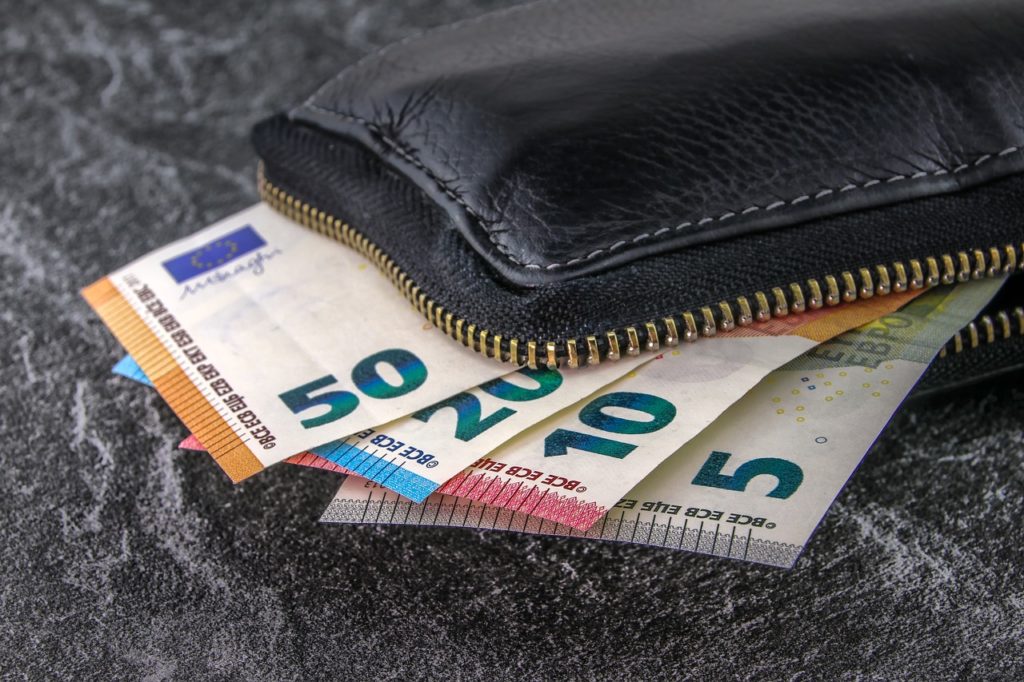The Covid-19 pandemic allowed organised crime to flourish in 2020, according to figures from Belgium’s anti-money laundering cell (CTIF-CFI) in its latest annual report (FR – NL).
The cell, which examines movements of money to try to detect when money is being laundering by a variety of techniques, opened 1,228 case files which were then sent on to the various prosecutors’ offices in the country.
In total, those files were concerned with no less than €1.63 billion – more than the €1.15 billion in 2019, and one billion more than in 2015.
“The pandemic and health crisis show that fraudsters and criminals are adapting very quickly to changing economic conditions or the emergence of extreme situations, under the motto ‘never waste a good crisis’” writes chairman Philippe de Koster in the report.
The health crisis opened up whole new possibilities for counterfeiters and fraudsters, flooding the market with fake and inferior face masks, hand sanitiser, test kits and even ventilators.
At the beginning of the crisis there was great public uncertainty as well as a shortage of officially-sanctioned versions, so the criminals were able to achieve high prices. Since then, however, genuine manufacturers have been able to make up for lost time, while the fraudsters appear to have flooded themselves out of the market. The cost of simple face masks, for example, has plummeted in recent weeks.
Related News
- Counterfeit goods: More complaints from buyers, fewer raids
- 'Your parcel is on the way': Bpost warns of new text scam
- Phishing in 2020 cost Belgians €34 million, says regulator
The huge turn towards teleworking also opened up opportunities to online criminals, using techniques of phishing – tricking users into revealing private details to allow fraud by impersonation – and other kinds of cyber-crime.
Among those was the use of ransomware to block computers, usually of companies, and then demand payment to unlock the system. Last year 42% of Belgian companies suffered a cyber-attack of one kind or another according to one study, and 18% suffered more than 15 attacks.
The cases also involved fraud relating to government subsidies and grants to help companies through the crisis, such as claiming lockdown coverage for companies that were shells only, with not a single employee, and claiming temporary unemployment for fictitious employees.
And sometimes, the fraud was of the simplest kind. The cell investigates evidence of suspicious amounts of cash being paid into the account of one bar, which was supposed to be closed because of the virus. The money, that might have gone unnoticed in normal times, turned out to come from drug dealing.
CTIF-CFI also drew attention to the long-term consequences of the health crisis.
“The possibility that parts of our troubled economy will turn to criminal circles cannot be excluded,” De Koster writes.
“Numerous catering establishments or textile companies in difficulty that, for example, can no longer receive bank credit may see no other way out than to turn to criminal circles to find the necessary cash input, ot to become easy prey to take part in money laundering.”

